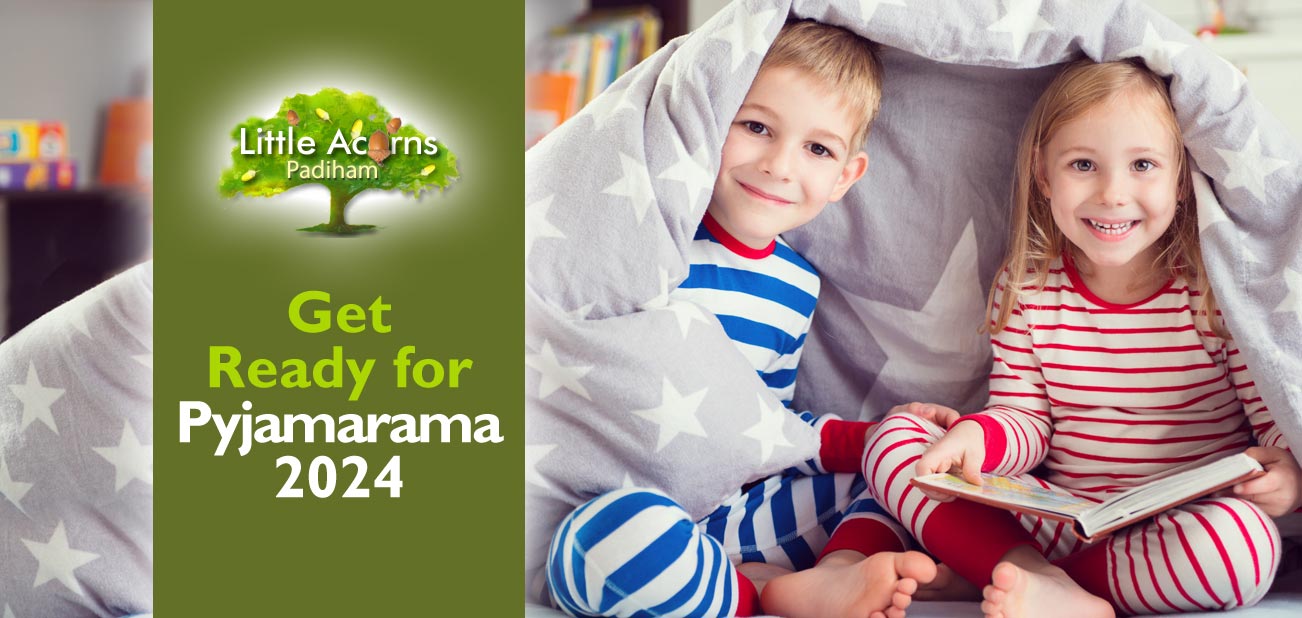
Get ready for Pyjamarama 2024. This year it arrives on Friday 17th of May in nurseries, preschools, schools and homes all around the Nation. That date is not carved in stone, though, as some settings may find an alternative date more convenient for their particular circumstances.
What is Pyjamarama?
 Pyjamarama is a one-day fundraising event that’s organised through the children’s reading charity BookTrust. It takes place each year across a variety of UK settings including homes, schools, preschools, nurseries and more. As well as being great fun for those organising and taking part, the initiative is beneficial to millions of disadvantaged children. The ultimate aim is to raise money to fund the purchase of books and resources, so that every child in the UK gets the chance for bedtime stories and each family has proper reading opportunities. The initiative is hugely popular, great fun, and transforms lives. Today, we take a look at what to expect, how to get involved, and the many benefits of Pyjamarama.
Pyjamarama is a one-day fundraising event that’s organised through the children’s reading charity BookTrust. It takes place each year across a variety of UK settings including homes, schools, preschools, nurseries and more. As well as being great fun for those organising and taking part, the initiative is beneficial to millions of disadvantaged children. The ultimate aim is to raise money to fund the purchase of books and resources, so that every child in the UK gets the chance for bedtime stories and each family has proper reading opportunities. The initiative is hugely popular, great fun, and transforms lives. Today, we take a look at what to expect, how to get involved, and the many benefits of Pyjamarama.
“Spend a day in your pyjamas to raise money for BookTrust and be part of something amazing.”
How Does Pyjamarama Work?
Settings like Little Acorns Nursery in Padiham first register with the Pyjamarama fundraising scheme, well ahead of the event date. In return, they receive a free downloadable fundraising pack. This contains information and activity resources that they’ll be able to use with the nursery children on Pyjamarama day as well as things like posters to publicise the event. Access to BookTrust’s Pyjamarama Hub will also be given. This allows access to additional resources and activity ideas for children to take part in.
On the day itself, the idea is for children and staff to come to the nursery/preschool dressed in pyjamas to add an extra element of fun. Having said that, PJs are not obligatory — children can wear something else if they prefer, for example colourful T-shirts. Either way, we ask that each child brings £1 with them. This will be donated to the BookTrust charity to raise money for disadvantaged children, who might otherwise not have access to bedtime stories. The ensuing day will be relaxed and fun, with time spent together reading and sharing stories, watching specially-recorded videos from children’s favourite authors and taking part in a whole host of other fun, reading- and story-related activities.
At the end of the day, children who took part in Pyjamarama will receive certificates to take home. All money raised by the children and setting will subsequently be sent off to the fundraising team at BookTrust.
Pyjamarama is Fun, Educational & Worthwhile
 Pyjamarama is always a fun day for both adults and children. The added aspect of pyjamas makes it special, quirky and relaxed. And, at the end of the day, it’s incredibly worthwhile. Not only does it raise money to give disadvantaged children and their families opportunities for reading and bedtime stories, but it also encourages those children taking part in Pyjamarama to read more, for pleasure as much as anything. Additionally, it gives children a different perspective and encourages altruism and empathy for others less fortunate than themselves.
Pyjamarama is always a fun day for both adults and children. The added aspect of pyjamas makes it special, quirky and relaxed. And, at the end of the day, it’s incredibly worthwhile. Not only does it raise money to give disadvantaged children and their families opportunities for reading and bedtime stories, but it also encourages those children taking part in Pyjamarama to read more, for pleasure as much as anything. Additionally, it gives children a different perspective and encourages altruism and empathy for others less fortunate than themselves.
“Raise vital funds to help every child get a bedtime story.”
Every £1 helps. So, children and parents — please get involved. Here’s how fundraising can typically help:How Pyjamarama Helps Disadvantaged Children
How Can You Get Involved?
“Through Pyjamarama we want to help support the children who are at risk of missing out on the joy and confidence that bedtime stories provide.”
If you haven’t already seen them, look out for posters and a letter to parents highlighting the date for Pyjamarama at your child’s setting this year. On the day, please ensure your child goes to nursery/preschool or school with £1 and is ideally dressed in PJs although, as we said before, it’s not obligatory — but is a lot of fun when everyone joins in.
“Naomi has seen how reading takes her into imaginary worlds and helps her deal with everyday worries and is amazed how it is also helping her to do well in all subjects at school.”
Little Acorns Nursery & Preschool, Padiham
High-Quality Weekday Childcare in Padiham, Lancashire
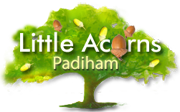
Babies and under-fives get the very best start at Little Acorns Nursery in Padiham. As well as offering a convenient childcare service in a loving and homely environment, children also receive a comprehensive early years education at Little Acorns. We also support all Government-funded free childcare schemes including free childcare hours for eligible 2-year-olds and free childcare hours for eligible 3 and 4-year-olds. Contact us if you’d like to register your child for a childcare place. Or, if you’re not yet sure, why not arrange a guided tour? We can show you and your little one around to see how well they fit in. We’re also here to answer any questions. Please choose a button to get started:
Little Acorns is a nursery and preschool in Padiham, (BB12), also being conveniently close by for those in Hapton, Rose Grove, Burnley, Altham, Huncoat, Read, Simonstone, Sabden, Higham, and Wood End.
BookTrust is a Registered Charity, number 313343.
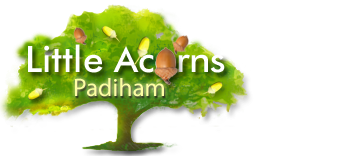
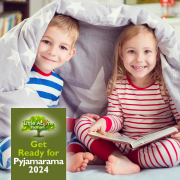
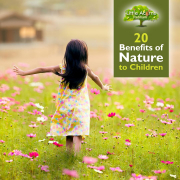
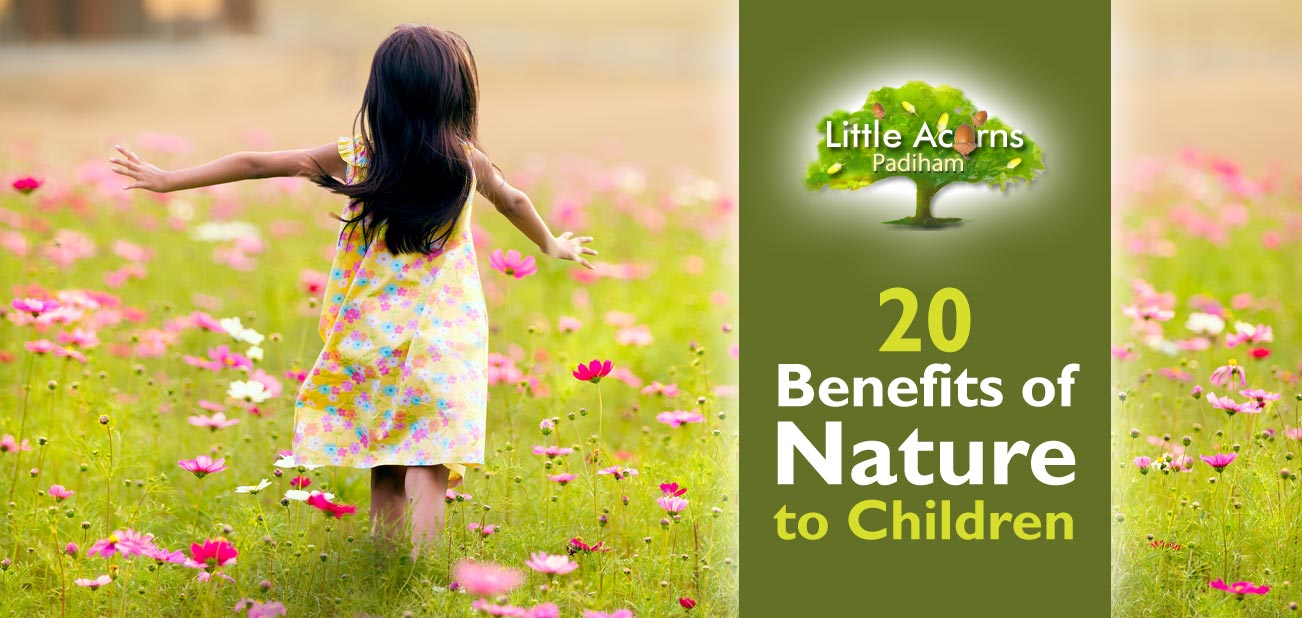
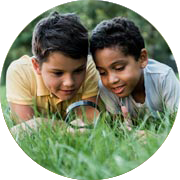 One of the many reasons we love nature and nature-based children’s activities here at Little Acorns Nursery is that nature is incredibly beneficial to children. What’s more, the benefits start right from their earliest years and are profoundly powerful to little ones. There have been many studies about this over the years and they all seem to conclude that nature is incredibly good for us all, especially so during the early years. Today’s post looks at 20 of the key benefits that spending time in and around nature holds for children and, with Spring now upon us, it’s the perfect time to begin getting little ones outside more, weather permitting.
One of the many reasons we love nature and nature-based children’s activities here at Little Acorns Nursery is that nature is incredibly beneficial to children. What’s more, the benefits start right from their earliest years and are profoundly powerful to little ones. There have been many studies about this over the years and they all seem to conclude that nature is incredibly good for us all, especially so during the early years. Today’s post looks at 20 of the key benefits that spending time in and around nature holds for children and, with Spring now upon us, it’s the perfect time to begin getting little ones outside more, weather permitting. Spending time in and around nature means children are more likely to be active, for example, walking, running, skipping, climbing, playing, making, or simply building a den. Such activities will not only help them hone fine and gross motor skills, but will also improve coordination, balance, and fitness. Those skills will help them day-to-day while expending energy in this way will help them maintain a healthy weight and body-mass index.
Spending time in and around nature means children are more likely to be active, for example, walking, running, skipping, climbing, playing, making, or simply building a den. Such activities will not only help them hone fine and gross motor skills, but will also improve coordination, balance, and fitness. Those skills will help them day-to-day while expending energy in this way will help them maintain a healthy weight and body-mass index. One of the more obvious benefits of nature is that it gives children a huge sense of freedom that they might not otherwise experience. Being in The Great Outdoors allows children, under appropriate supervision, to run, explore, and play in ways that are far more free than in any other situation. This will also give them a huge sense of natural joy.
One of the more obvious benefits of nature is that it gives children a huge sense of freedom that they might not otherwise experience. Being in The Great Outdoors allows children, under appropriate supervision, to run, explore, and play in ways that are far more free than in any other situation. This will also give them a huge sense of natural joy.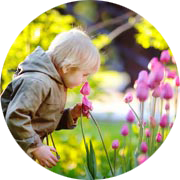 The stimulation of the senses is never more important than during children’s early years and spending time in nature is the perfect vehicle through which to do so. With so many colours, sounds, smells, textures and even (under adult supervision) tastes available in the natural world, it is indeed a feast for children’s senses. Through the senses, children will learn more about the world and generate millions of new connections in their developing brains. It’s almost magical!
The stimulation of the senses is never more important than during children’s early years and spending time in nature is the perfect vehicle through which to do so. With so many colours, sounds, smells, textures and even (under adult supervision) tastes available in the natural world, it is indeed a feast for children’s senses. Through the senses, children will learn more about the world and generate millions of new connections in their developing brains. It’s almost magical!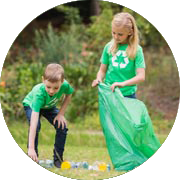 Being around nature regularly can also help children lean naturally towards environmental issues, learn about the problems and become part of the solution. An appreciation of nature is indeed the first step towards becoming environmentally conscious and proactive. That’s a great thing for the planet, particularly as today’s children will become tomorrow’s custodians of the Earth.
Being around nature regularly can also help children lean naturally towards environmental issues, learn about the problems and become part of the solution. An appreciation of nature is indeed the first step towards becoming environmentally conscious and proactive. That’s a great thing for the planet, particularly as today’s children will become tomorrow’s custodians of the Earth. Children generally team up with friends when they’re playing and exploring outdoors. Spending time playing together in natural environments fosters many different kinds of interaction. This can boost confidence, language, communication and social skills. Stronger bonds and a deeper understanding of peers are likely to form from this.
Children generally team up with friends when they’re playing and exploring outdoors. Spending time playing together in natural environments fosters many different kinds of interaction. This can boost confidence, language, communication and social skills. Stronger bonds and a deeper understanding of peers are likely to form from this.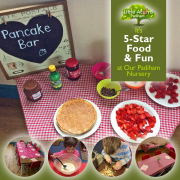
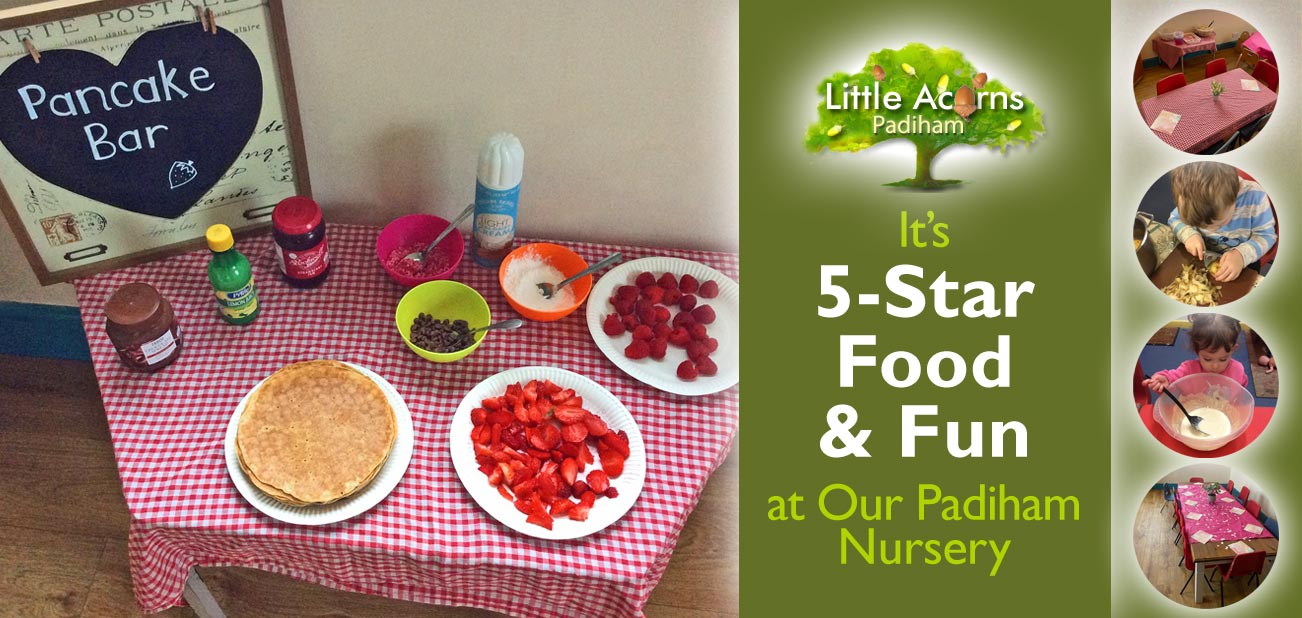
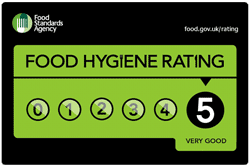 Our Padiham nursery had its annual inspection by the local Environmental Health Officer recently. The purpose was to ensure, as required in all settings serving food, that Little Acorns Nursery has high standards of hygiene and follows the food preparation guidelines specified by the UK’s Food Standards Agency. Once again, Little Acorns Nursery passed with flying colours, achieving a full 5-star rating. That’s the best rating possible and reflects the highest levels of quality for food preparation, the food itself, cleanliness, and competence of staff. So, our thanks and utmost respect go to Kim, our in-house chef/cook, whose high standards, skill and expertise do the children and the nursery proud.
Our Padiham nursery had its annual inspection by the local Environmental Health Officer recently. The purpose was to ensure, as required in all settings serving food, that Little Acorns Nursery has high standards of hygiene and follows the food preparation guidelines specified by the UK’s Food Standards Agency. Once again, Little Acorns Nursery passed with flying colours, achieving a full 5-star rating. That’s the best rating possible and reflects the highest levels of quality for food preparation, the food itself, cleanliness, and competence of staff. So, our thanks and utmost respect go to Kim, our in-house chef/cook, whose high standards, skill and expertise do the children and the nursery proud.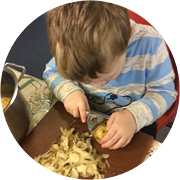 Because the recipe heavily involved potatoes, this also tied in nicely with the book Supertato, which our preschoolers have been looking at in tandem with discussions about food and the importance of a healthy diet. The photo shows one of the children peeling potatoes. Others peeled vegetables and even made their own dumplings. The fun activity helped to nurture children’s learning and the development of new skills and knowledge. The final result was both tasty and a huge hit with the little ones!
Because the recipe heavily involved potatoes, this also tied in nicely with the book Supertato, which our preschoolers have been looking at in tandem with discussions about food and the importance of a healthy diet. The photo shows one of the children peeling potatoes. Others peeled vegetables and even made their own dumplings. The fun activity helped to nurture children’s learning and the development of new skills and knowledge. The final result was both tasty and a huge hit with the little ones!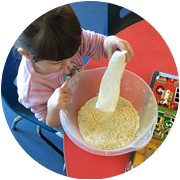 Shrove Tuesday, a.k.a. Pancake Day, arrived on the 13th of February and it gave us a great opportunity to organise pancake-themed activities for the nursery/preschool children … for the entire week! After all, who doesn’t love pancakes? So, as you’ve no doubt guessed by now, our Recipe of the Month for February was home-made pancakes and it’s a recipe the children really enjoyed getting involved in. They loved mixing ingredients in a bowl to make their own pancake mix. We even set up a ‘Pancake Bar’ (see the main photo at the top), which included lots of yummy toppings that children could use to decorate their pancakes. The toppings included strawberries, bananas, chocolate spread, jam, lemon, sprinkles, honey and cream.
Shrove Tuesday, a.k.a. Pancake Day, arrived on the 13th of February and it gave us a great opportunity to organise pancake-themed activities for the nursery/preschool children … for the entire week! After all, who doesn’t love pancakes? So, as you’ve no doubt guessed by now, our Recipe of the Month for February was home-made pancakes and it’s a recipe the children really enjoyed getting involved in. They loved mixing ingredients in a bowl to make their own pancake mix. We even set up a ‘Pancake Bar’ (see the main photo at the top), which included lots of yummy toppings that children could use to decorate their pancakes. The toppings included strawberries, bananas, chocolate spread, jam, lemon, sprinkles, honey and cream.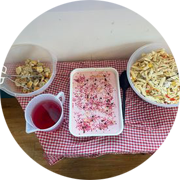 Valentine’s Day, which arrived on the 14th of February, also involved lots of food. After all, as the saying goes, it is often thought of as the language of love! At the nursery, we organised a lovely Grab ‘n’ Go Breakfast for our parents. This was followed by a special 3-course Valentine’s Day meal for our children in our lovely new dining room, which was set up like a little restaurant (see the photos). Children had sausage rolls to start, cheesy chicken and red pepper pasta for the main course and strawberry mousse – with sprinkles – for pudding. Accompanying this was some delicious blackcurrant juice. It all went down a treat with our nursery children, as did several other activities that were themed towards Valentine’s Day.
Valentine’s Day, which arrived on the 14th of February, also involved lots of food. After all, as the saying goes, it is often thought of as the language of love! At the nursery, we organised a lovely Grab ‘n’ Go Breakfast for our parents. This was followed by a special 3-course Valentine’s Day meal for our children in our lovely new dining room, which was set up like a little restaurant (see the photos). Children had sausage rolls to start, cheesy chicken and red pepper pasta for the main course and strawberry mousse – with sprinkles – for pudding. Accompanying this was some delicious blackcurrant juice. It all went down a treat with our nursery children, as did several other activities that were themed towards Valentine’s Day.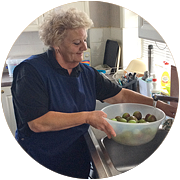 Kim, our talented in-house chef, prepares tasty home-made meals and healthy snacks for children at the nursery. Meals are prepared freshly, on site, using high-quality ingredients, which are locally sourced whenever possible. They are delicious as well as being nutritionally balanced to include a healthy mix of fish, meat, pulses and vegetables.
Kim, our talented in-house chef, prepares tasty home-made meals and healthy snacks for children at the nursery. Meals are prepared freshly, on site, using high-quality ingredients, which are locally sourced whenever possible. They are delicious as well as being nutritionally balanced to include a healthy mix of fish, meat, pulses and vegetables. 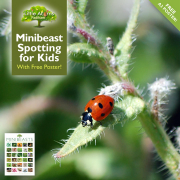
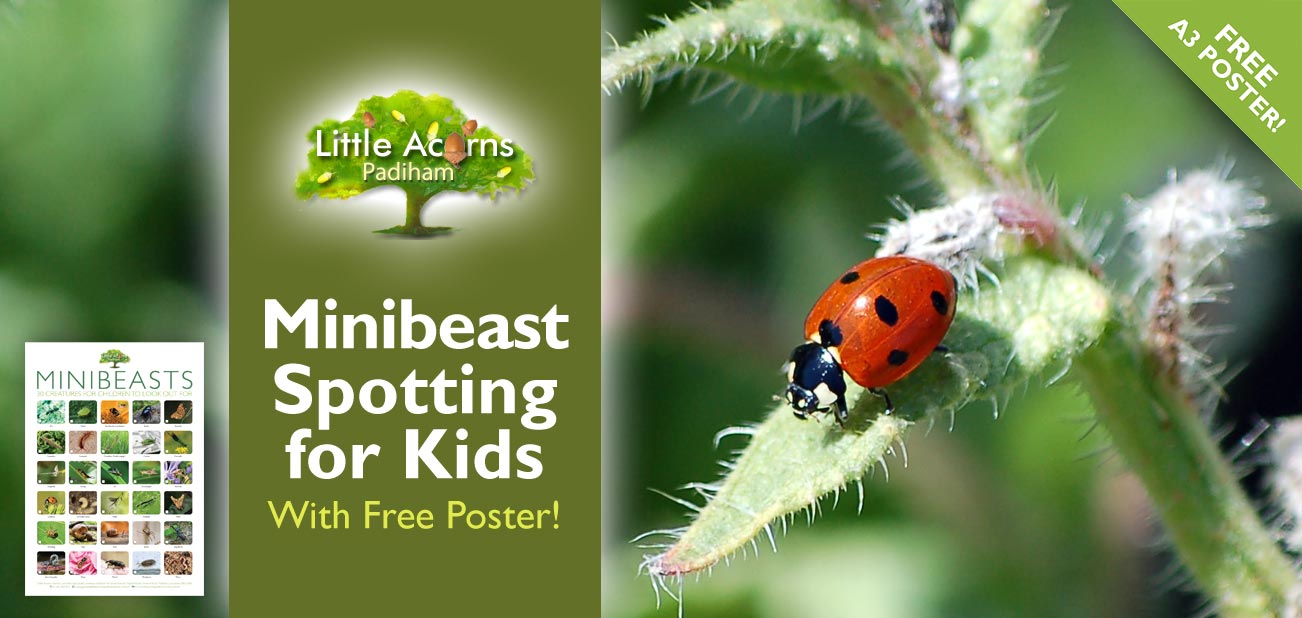
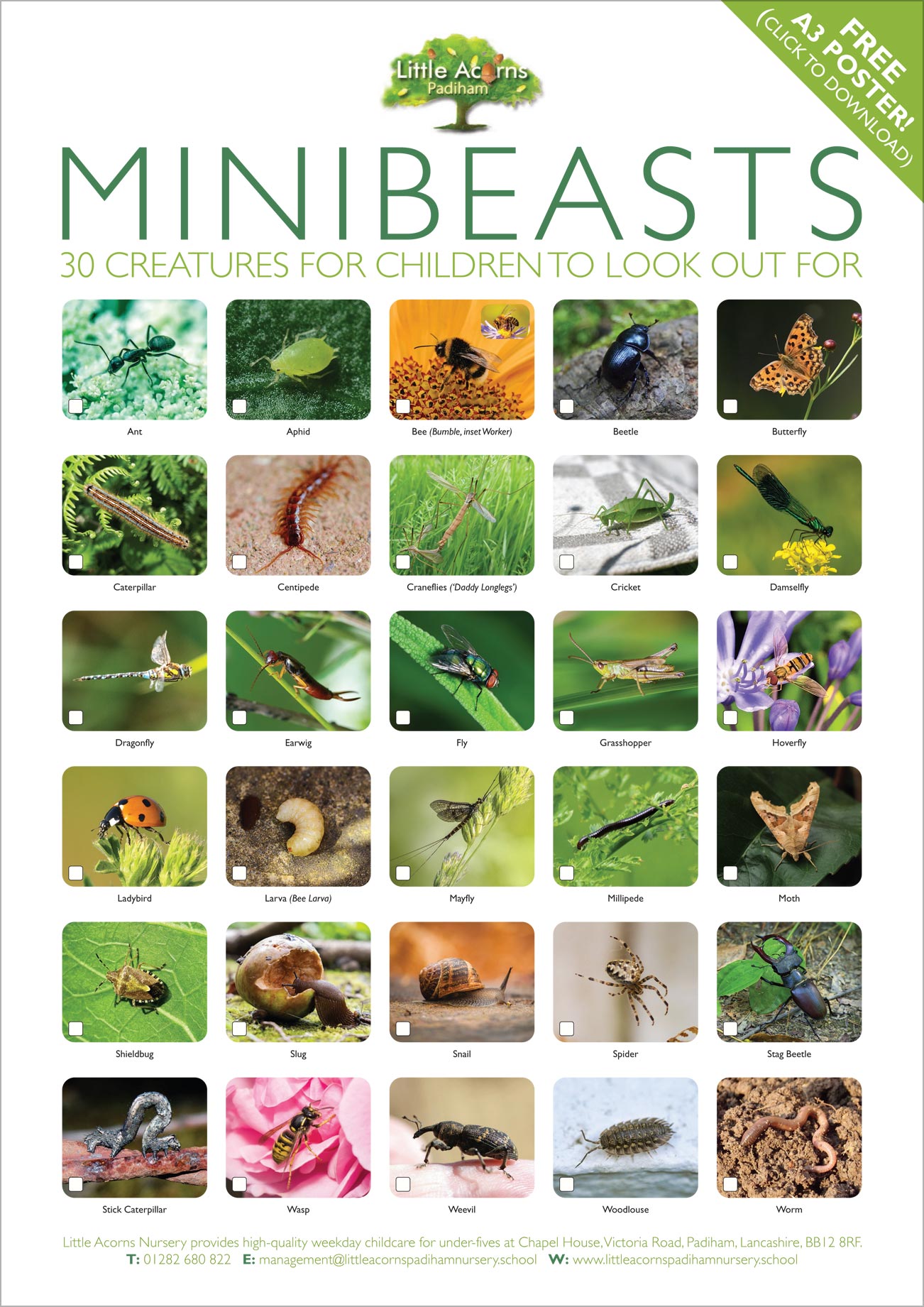
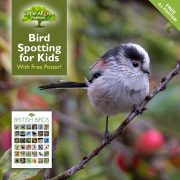
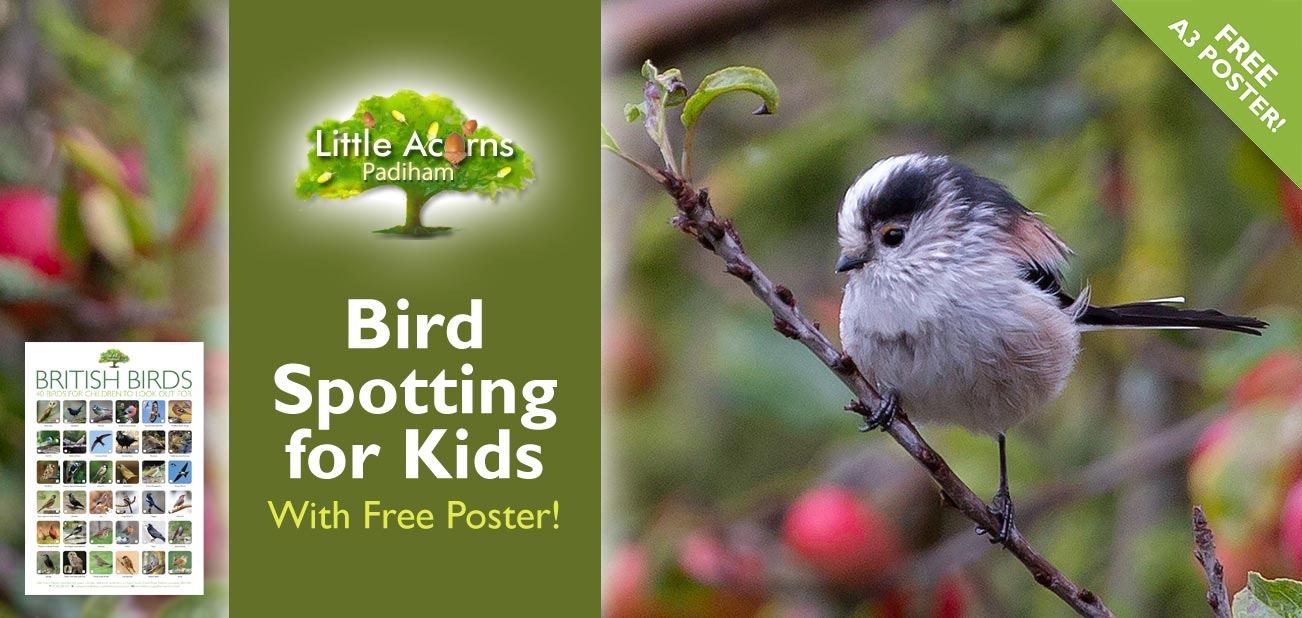
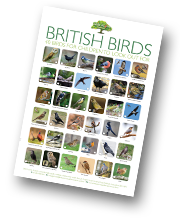 Today’s bird spotting activity for kids continues our series of nature-themed posts that each come with a free reference poster for families to download. Featuring 40 British birds, the activity and the poster represent a great opportunity to get children of all ages outdoors, closer to nature. As many of us know,
Today’s bird spotting activity for kids continues our series of nature-themed posts that each come with a free reference poster for families to download. Featuring 40 British birds, the activity and the poster represent a great opportunity to get children of all ages outdoors, closer to nature. As many of us know, 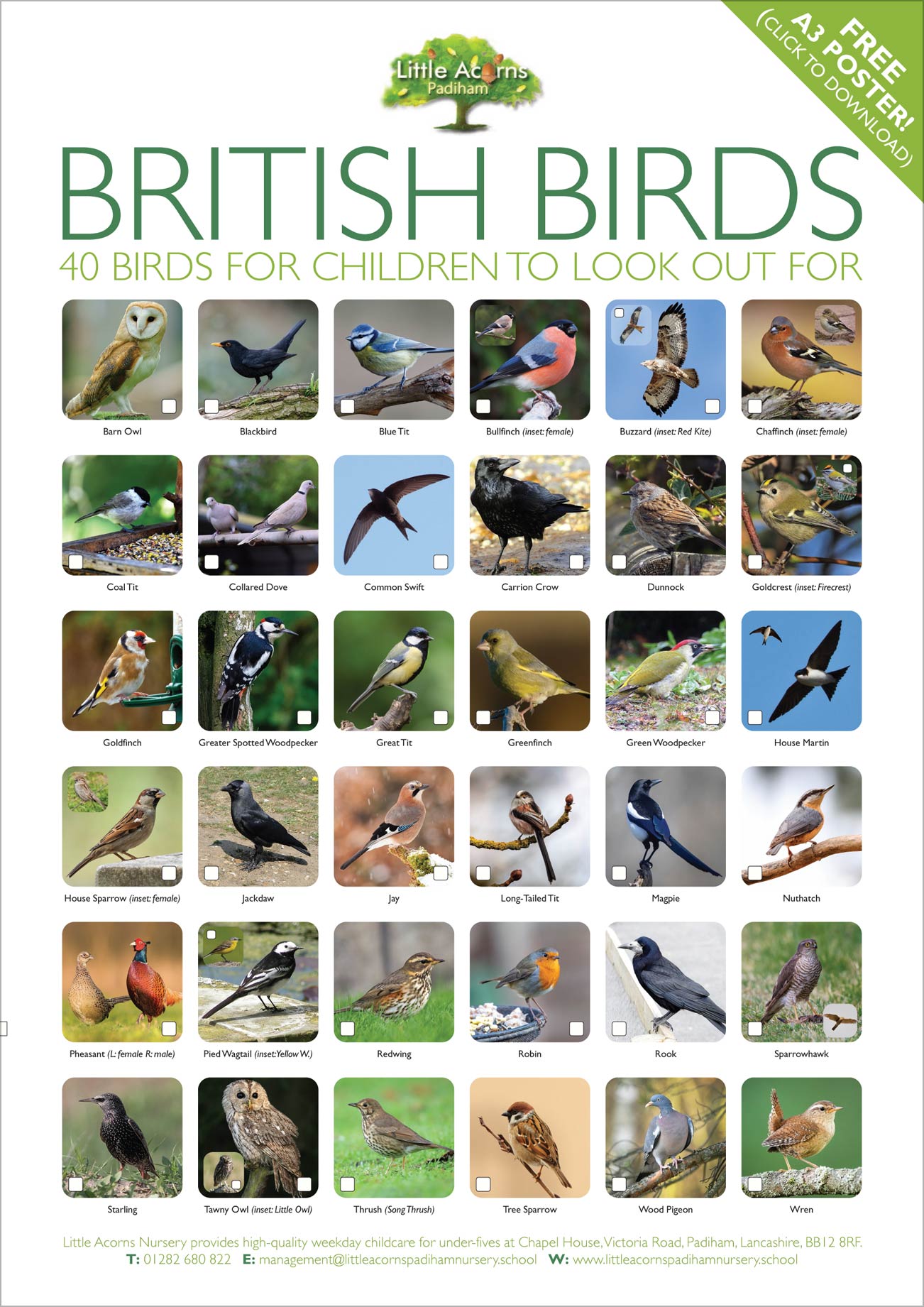
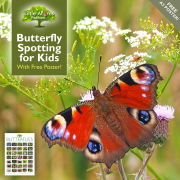
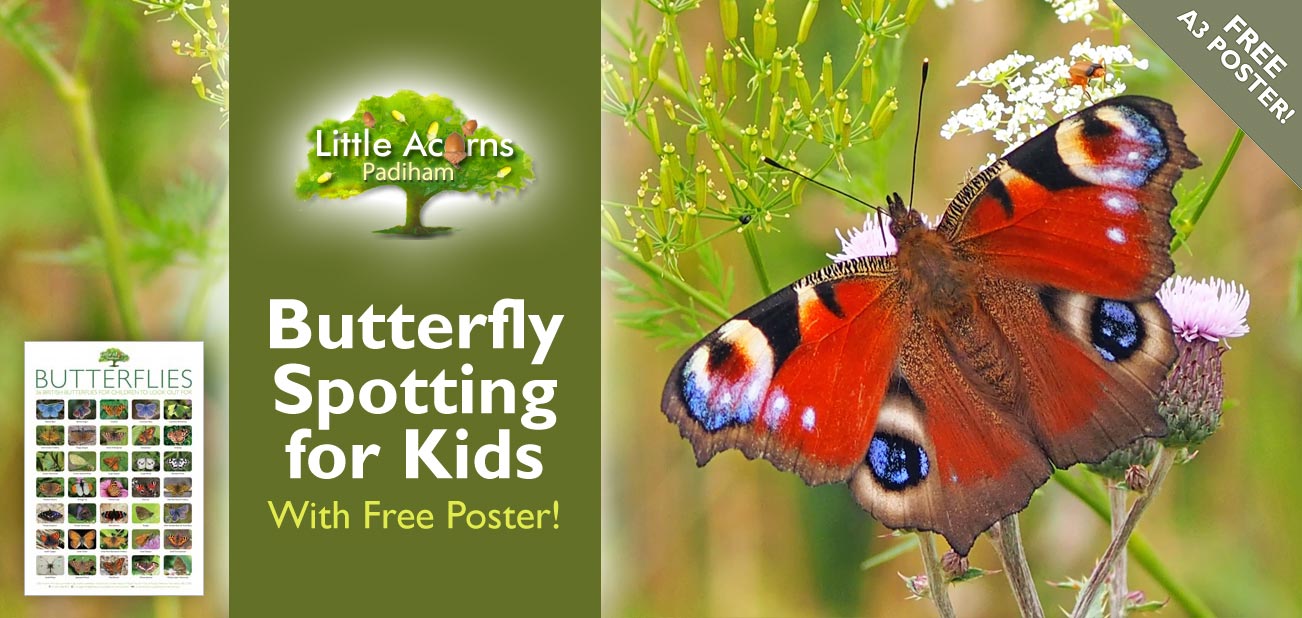
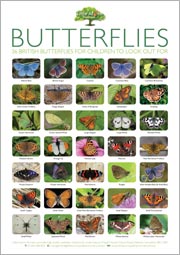 At the time of writing, it’s peak butterfly-spotting time — more adult butterflies can be seen in late July and early August than at any other time in the year. That makes it the perfect time for children to get out in nature to spot these charming creatures. Doing so is fun, educational and also beneficial in so many ways – we’ll explain more about that later.
At the time of writing, it’s peak butterfly-spotting time — more adult butterflies can be seen in late July and early August than at any other time in the year. That makes it the perfect time for children to get out in nature to spot these charming creatures. Doing so is fun, educational and also beneficial in so many ways – we’ll explain more about that later.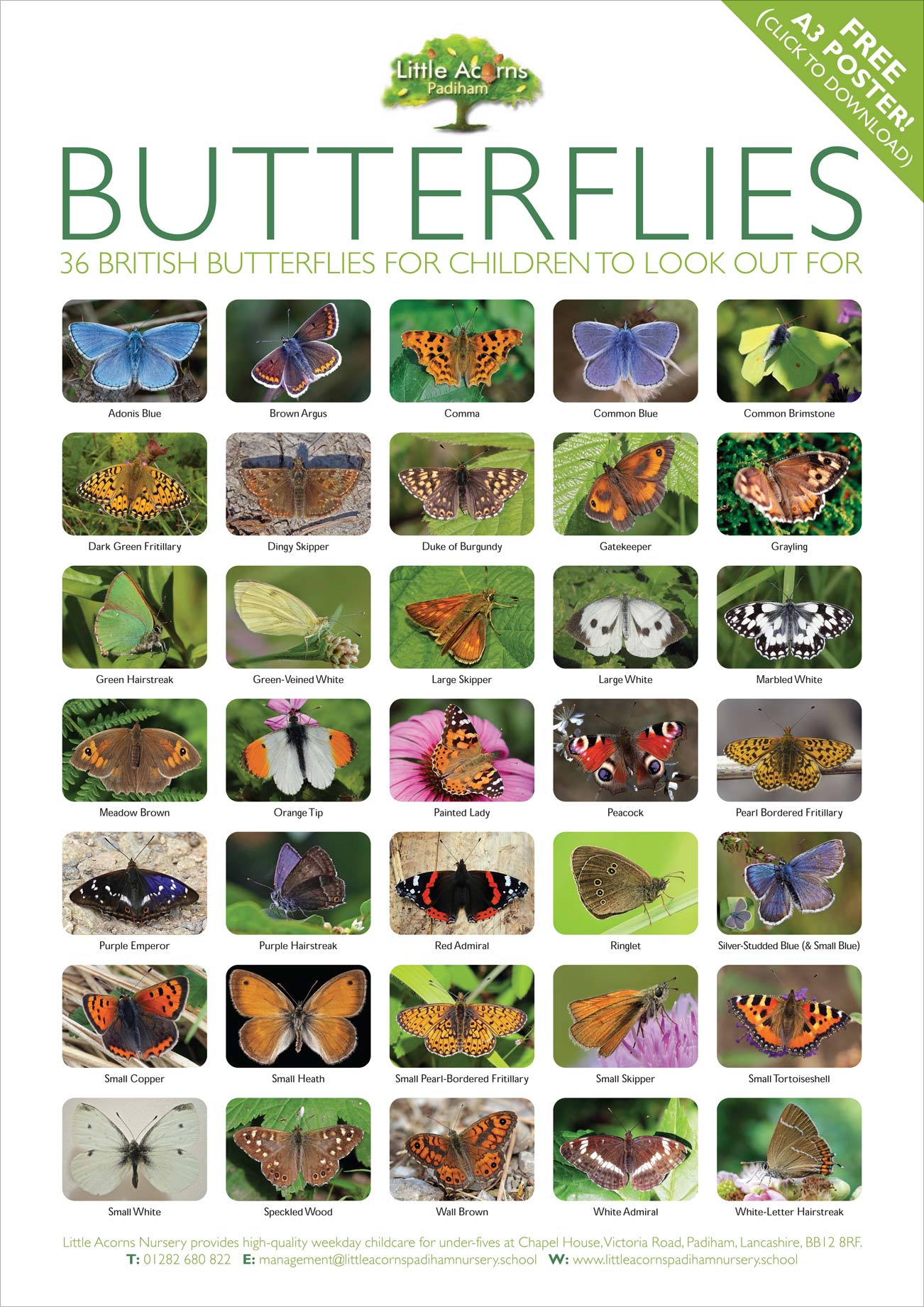
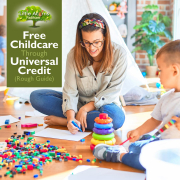
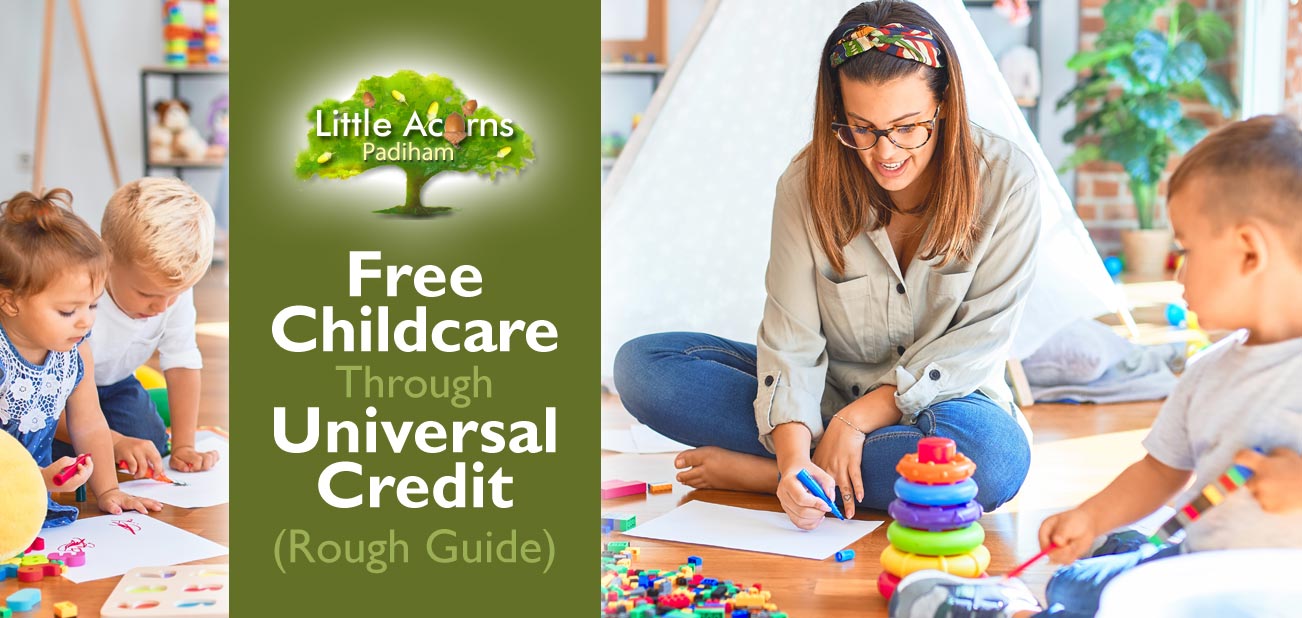
 Usually, you will need to pay for childcare costs first and then reclaim them through your Universal Credit childcare support account. However, there are some circumstances where you may be able to get some of your childcare costs paid upfront through the scheme. This recent change is designed to help families essentially with cash flow so that a major barrier to working is removed. That, in turn, will also help the economy.
Usually, you will need to pay for childcare costs first and then reclaim them through your Universal Credit childcare support account. However, there are some circumstances where you may be able to get some of your childcare costs paid upfront through the scheme. This recent change is designed to help families essentially with cash flow so that a major barrier to working is removed. That, in turn, will also help the economy.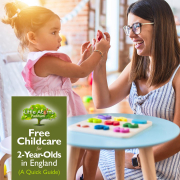
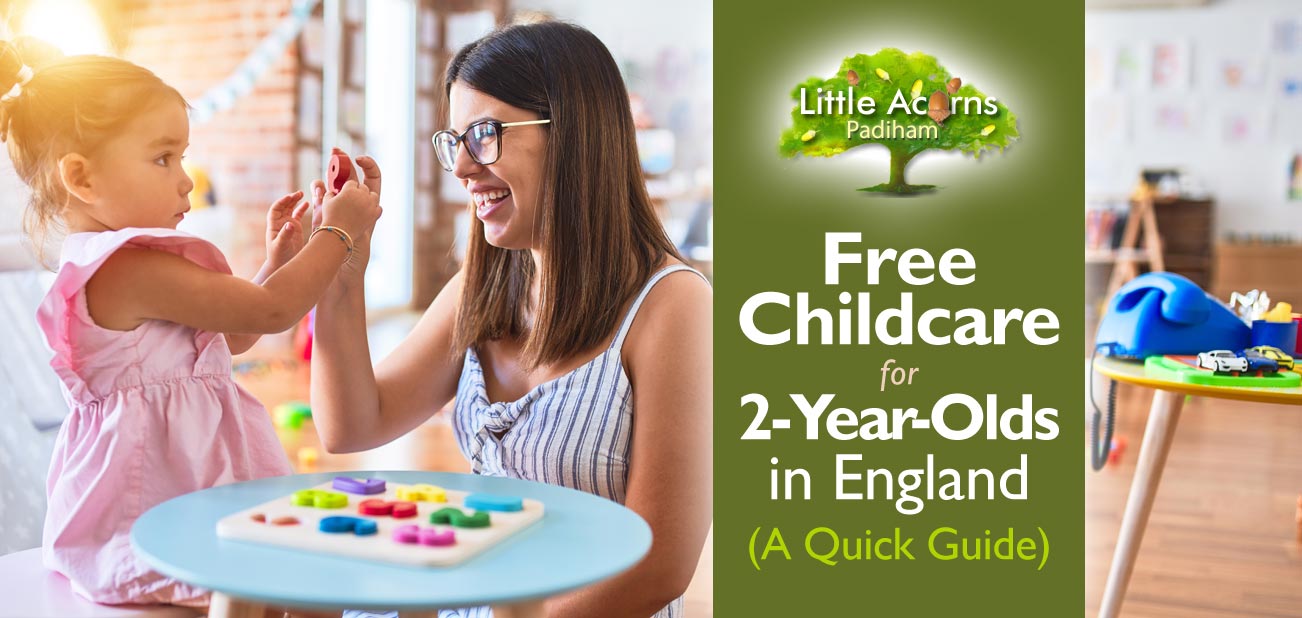
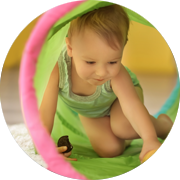 Eligible 2-year-olds can get a total of 570 free childcare hours during the course of a year. The entitlement is usually taken as 15 hours per week over 38 ‘term time’ weeks. However, families may wish to ask childcare providers if they can use the hours in a different way. For example, some may wish to stretch the hours out over 50 or so weeks of the year, in which case it would equate to approximately 11½ free hours per week. The nursery or childcare provider would need to confirm what’s possible. Any extra hours will need to be paid for by the family and the same is usually true for things like nappies, special trips and meals. Even so, 570 free childcare hours should really help families and may allow a stay-at-home parent to get back into the workplace sooner, even if only part-time.
Eligible 2-year-olds can get a total of 570 free childcare hours during the course of a year. The entitlement is usually taken as 15 hours per week over 38 ‘term time’ weeks. However, families may wish to ask childcare providers if they can use the hours in a different way. For example, some may wish to stretch the hours out over 50 or so weeks of the year, in which case it would equate to approximately 11½ free hours per week. The nursery or childcare provider would need to confirm what’s possible. Any extra hours will need to be paid for by the family and the same is usually true for things like nappies, special trips and meals. Even so, 570 free childcare hours should really help families and may allow a stay-at-home parent to get back into the workplace sooner, even if only part-time. Children aged two that live in England may be eligible if their parents/household are in receipt of one or more specific Government benefits. These include:
Children aged two that live in England may be eligible if their parents/household are in receipt of one or more specific Government benefits. These include: If none of the benefit-related criteria above applies, children aged 2 may still qualify for the childcare funding scheme in the following circumstances:
If none of the benefit-related criteria above applies, children aged 2 may still qualify for the childcare funding scheme in the following circumstances: The last category of eligible claimants is some 2-year-olds living in England who are non-UK citizens, whose households cannot claim benefits and whose household income is below a certain threshold. Thresholds vary from £26,500 to £38,600 depending on how many children the family has and whether they live inside or outside of London.
The last category of eligible claimants is some 2-year-olds living in England who are non-UK citizens, whose households cannot claim benefits and whose household income is below a certain threshold. Thresholds vary from £26,500 to £38,600 depending on how many children the family has and whether they live inside or outside of London.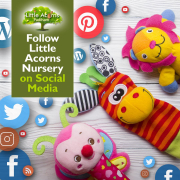
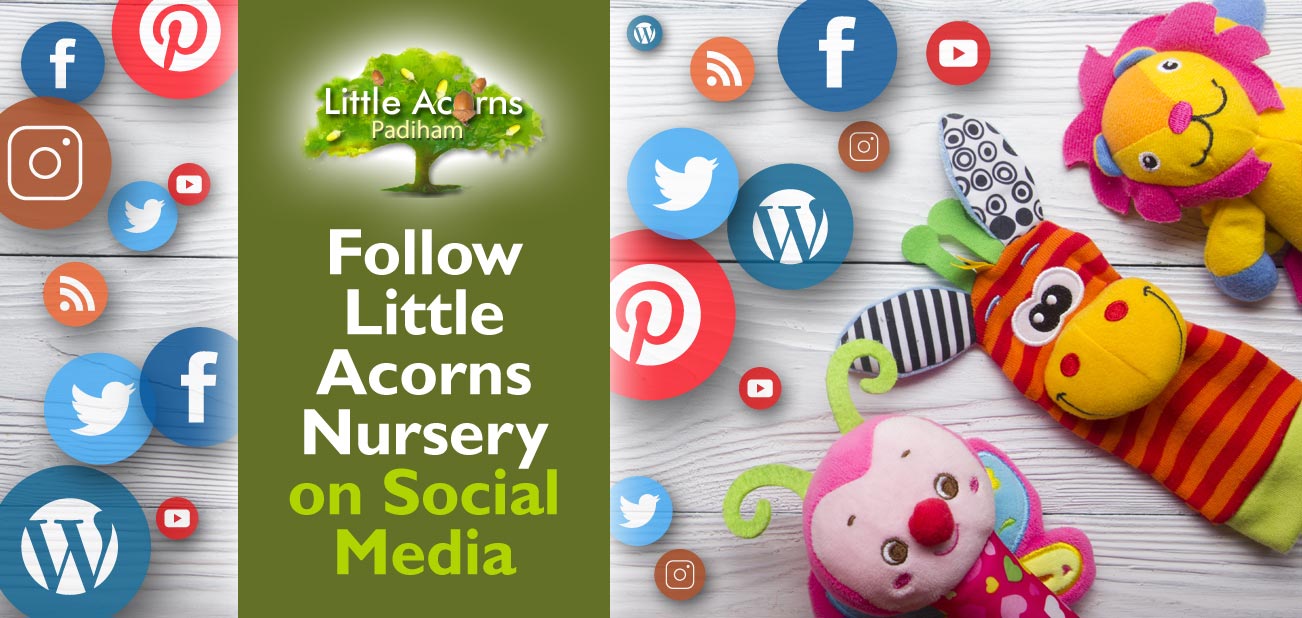
 This is what we call our blog (short for ‘web log’) where we regularly publish guides and useful information for parents of children under five.
This is what we call our blog (short for ‘web log’) where we regularly publish guides and useful information for parents of children under five.  We’re @NurseryPadiham on Twitter, so you can follow us at
We’re @NurseryPadiham on Twitter, so you can follow us at  We’re @TotsNursery on Facebook (because we took over the Adventure Tots childcare business), so you can follow us at
We’re @TotsNursery on Facebook (because we took over the Adventure Tots childcare business), so you can follow us at  We’re @LittleAcornsNurseryBB12 on Instagram, so you can follow us at
We’re @LittleAcornsNurseryBB12 on Instagram, so you can follow us at  We’re also @LittleAcornsNurseryBB12 on Pinterest, so you can follow our pins and boards at
We’re also @LittleAcornsNurseryBB12 on Pinterest, so you can follow our pins and boards at  We appreciate that, if you’re reading this, you’ve already found us. However, if you ever need to find us again and aren’t sure where to look, we’re also on Google.
We appreciate that, if you’re reading this, you’ve already found us. However, if you ever need to find us again and aren’t sure where to look, we’re also on Google. 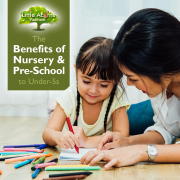
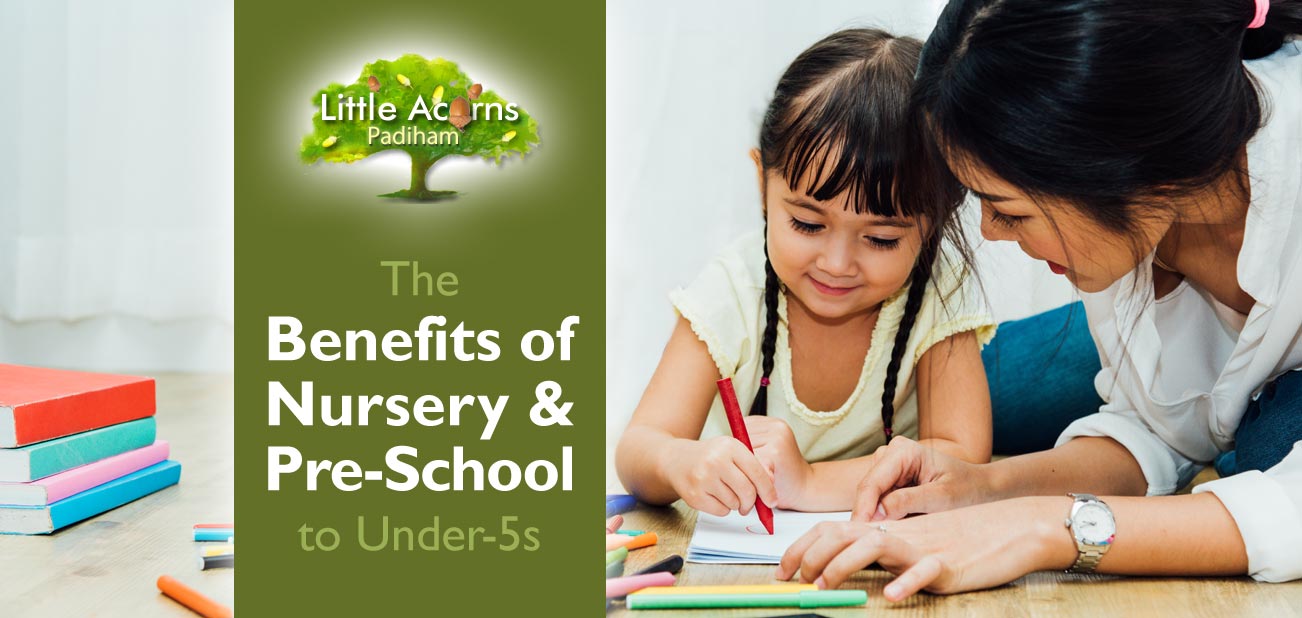
 A good nursery or pre-school is so much more than just a crèche, playgroup, kindergarten or childminding service.
A good nursery or pre-school is so much more than just a crèche, playgroup, kindergarten or childminding service.  Nurseries like Little Acorns in Padiham provide a dynamic environment where children mostly learn through different types of play and pre-planned, carefully structured activities. Much of their learning is achieved through the application of the
Nurseries like Little Acorns in Padiham provide a dynamic environment where children mostly learn through different types of play and pre-planned, carefully structured activities. Much of their learning is achieved through the application of the  A good early years childcare provider like Little Acorns will also nurture every aspect of children’s personal development. Research suggests that starting childcare and a good early years education at a young age can have significant positive effects on children’s development.
A good early years childcare provider like Little Acorns will also nurture every aspect of children’s personal development. Research suggests that starting childcare and a good early years education at a young age can have significant positive effects on children’s development. Spending time at nursery and pre-school provides children with countless opportunities to interact with peers and to learn to socialise with others. Through doing so, they’ll develop their social skills generally, including things like learning good manners, needing to sometimes share or take turns, learning about mutual respect, and following rules.
Spending time at nursery and pre-school provides children with countless opportunities to interact with peers and to learn to socialise with others. Through doing so, they’ll develop their social skills generally, including things like learning good manners, needing to sometimes share or take turns, learning about mutual respect, and following rules.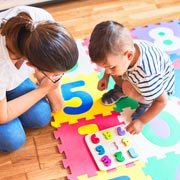 Good nurseries and pre-schools like Little Acorns welcome and support children of all abilities. As part of this and whenever possible, they will create an inclusive environment for children with special educational needs or disabilities (SEND). They’ll support them in every way they can including, where possible, provision of special equipment, adapting the environment to make it more accessible, and obtaining additional funding for extra resources. They’ll even work with outside professionals, where appropriate, to develop the best ‘joined-up’ plan to support children. The result is a positive and responsive culture where children feel comfortable and valued, irrespective of ability or disability.
Good nurseries and pre-schools like Little Acorns welcome and support children of all abilities. As part of this and whenever possible, they will create an inclusive environment for children with special educational needs or disabilities (SEND). They’ll support them in every way they can including, where possible, provision of special equipment, adapting the environment to make it more accessible, and obtaining additional funding for extra resources. They’ll even work with outside professionals, where appropriate, to develop the best ‘joined-up’ plan to support children. The result is a positive and responsive culture where children feel comfortable and valued, irrespective of ability or disability.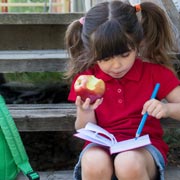 All of the above will really help children to develop the skills and confidence they need to absolutely thrive once they start at primary school. As well as being more able and literate from the moment they start, they’ll more easily be able to follow routines, listen to instructions, and work independently. They’ll absolutely hit the ground running with the existing knowledge, tools and abilities that they learned during their all-important early years. Indeed, those children who receive a high quality early years education have been shown to attain higher grades in their GCSEs and can be the equivalent of a year ahead by the time they reach the age of 15.
All of the above will really help children to develop the skills and confidence they need to absolutely thrive once they start at primary school. As well as being more able and literate from the moment they start, they’ll more easily be able to follow routines, listen to instructions, and work independently. They’ll absolutely hit the ground running with the existing knowledge, tools and abilities that they learned during their all-important early years. Indeed, those children who receive a high quality early years education have been shown to attain higher grades in their GCSEs and can be the equivalent of a year ahead by the time they reach the age of 15.